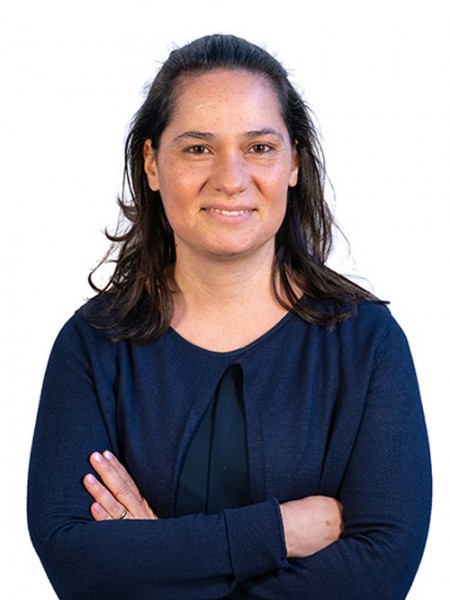abstract
Dickite is a member of the family of 1:1 dioctahedral phyllosilicates known as the kaolin minerals, with composition Al2Si2O5(OH)(4). The elucidation of the hydrogen-atom positions in dickite, addressed here, and indeed in other hydrated minerals poses particular challenges. The crystal structure of dickite was determined from single-crystal X-ray diffraction at 100(2) K in the non-centrosymmetric Cc monoclinic space group and found to agree closely with previously reported structures (Bish and Johnston 1993; Dera et al. 2003). Al-27 and Si-29 solid-state NMR spectra of unprecedented resolution bear evidence for two distinct Al and Si sites, being consistent with the previously determined structures. Positions of the four independent hydrogen atoms were optimized and the pertinent H-1 chemical shifts calculated using DFT methods (program CASTEP) and compared with high-resolution MAS NMR experimental data obtained at ultra-high sample spinning rates (up to 67 kHz). This work contributes new evidence on the precise hydrogen-atom positions of dickite, and it illustrates how X-ray diffraction, solid-state NMR, and theoretical calculations may be combined to yield an improved mineral crystal structure.
keywords
BOND-VALENCE PARAMETERS; MAS-NMR; KAOLINITE; 1ST-PRINCIPLES; SPECTROSCOPY
subject category
Geochemistry & Geophysics; Mineralogy
authors
Rocha, J; Paz, FAA; Sardo, M; Mafra, L
our authors
acknowledgements
We are in debt to John M. Adams for his kind offer of the dickite specimen. We thank J. Richard Gomes for assistance in preparing Supplemental Table S1. We thank Fundacao para a Ciencia e a Tecnologia (FCT, Portugal), the European Union, QREN, FEDER through Programa Operacional Factores de Competitividade (COMPETE), and CICECO, Aveiro Institute of Materials, POCI-01-0145-FEDER-007679 (FCT Ref. UID/CTM/50011/2013), financed by national funds through the FCT/MEC and when appropriate co-financed by FEDER under the PT2020 Partnership Agreement. The authors are also grateful to the Portuguese NMR Network (RNRMN).





